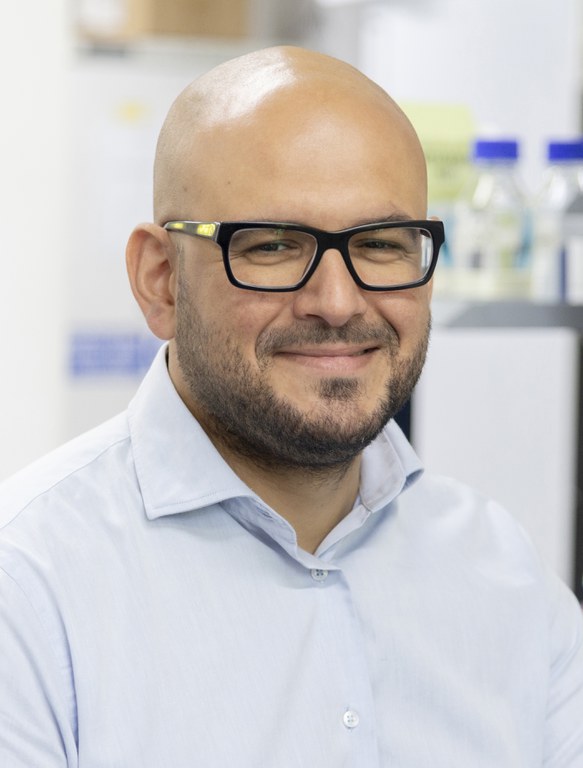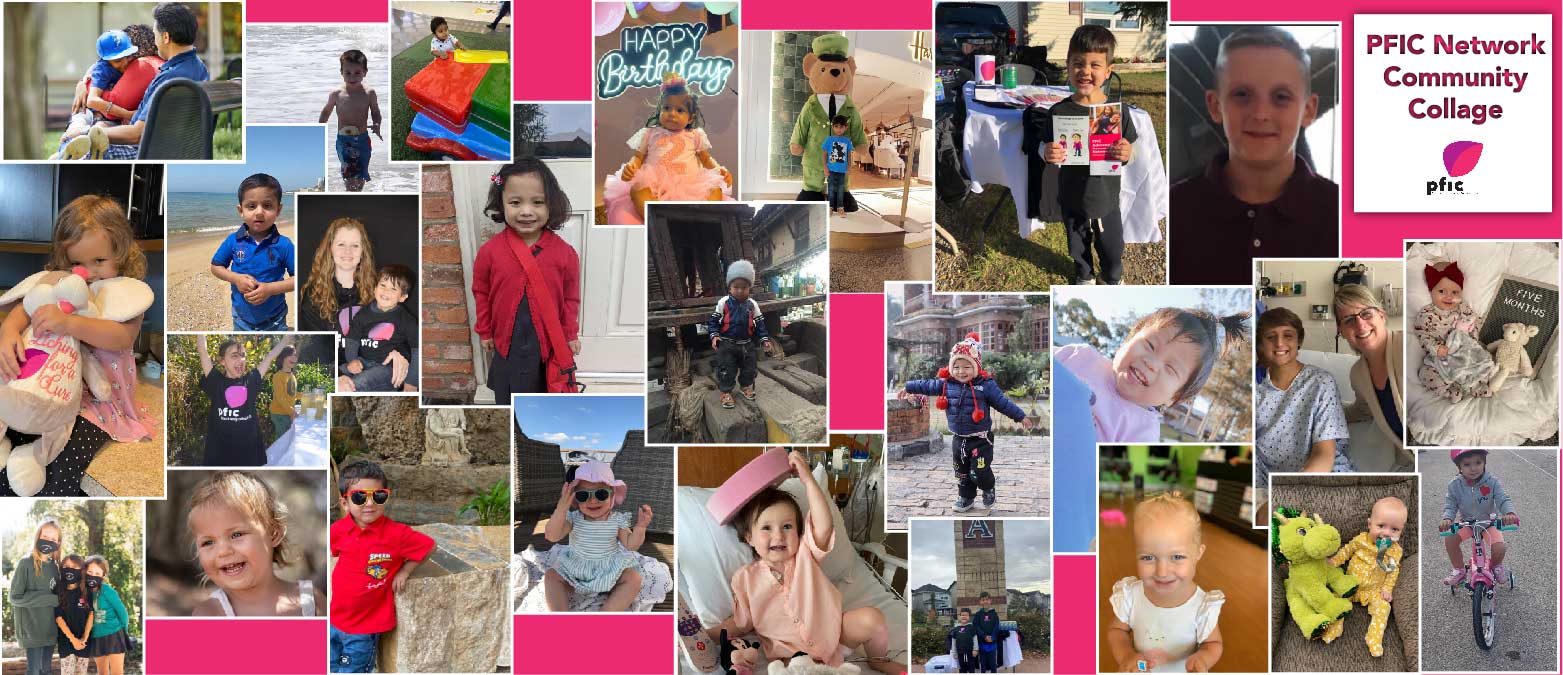Despite the challenges of rare disease research, PFIC Network is committed to improving treatment options, slow disease progression, and ultimately finding a cure for PFIC diseases. The Small Grant Program is designed to contribute to this mission by funding research that leads to improvements in the lives of PFIC patients and their caretakers. Each $30,000 grant helps to fund one year of PFIC research!
Award Information
Awardee: Dr. Pasquale Piccolo
This year our Awardee is Dr. Pasquale Piccolo from the Telethon Institute of Genetics and Medicine (TIGEM) in Pozzuoli, Italy. TIGEM is a multidisciplinary research institute dedicated to studying the mechanisms underlying rare genetic diseases and to developing innovative therapies. Dr. Piccolo completed a Phd. in Human Genetics in 2009 and is focused on studying liver-directed gene therapy. He will begin work on his project, HITI-based promoter-less genome editing for the treatment of PFIC3, in early November!

Project Summary
HITI-based promoter-less genome editing for the treatment of PFIC3
This project aims to transform the treatment of Progressive Familial Intrahepatic Cholestasis Type 3 (PFIC3), a severe inherited liver disease caused by mutations in the bile lipid transporter ABCB4 and associated with early and progressive liver damage and fibrosis, often leading to the need for liver transplantation. Current therapies offer limited relief, leaving many patients facing worsening health.
The proposed approach involves advanced genome editing technology called HITI (Homology-Independent Targeted Integration). By precisely integrating a functioning copy of the ABCB4 gene into the liver’s DNA, this approach aims to restore healthy bile secretion and halt liver damage progression. Insertion of this curative gene into the liver cell’s genome is promoted by the use of nucleases that are able to cut DNA at specific locations, thus favoring therapeutic gene integration. This innovative approach offers promise for children diagnosed with PFIC3, potentially providing a path towards a single, early treatment capable of delivering long-term relief from this challenging condition.
